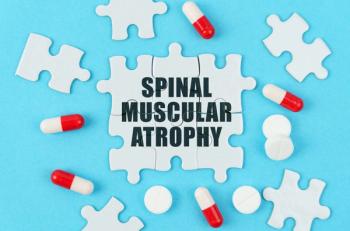
Results were from the phase 3 STEER study among a broad population of patients with SMA aged 2 to under 18 years.

Results were from the phase 3 STEER study among a broad population of patients with SMA aged 2 to under 18 years.

The federal agencies are encouraging companies to develop new infant formulas and clarify opportunities to inform consumers about formula ingredients.

Danielle Van Damme, DNP, CPNP-AC, discussed key updates from the 2024 IDSA guideline on diagnosing complicated intra-abdominal infections, emphasizing ultrasound as the preferred imaging modality.
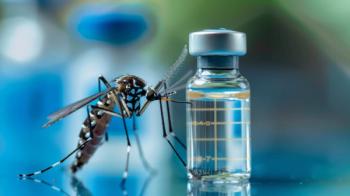
Prior to approval on February 14, 2025, the only FDA approved vaccine for chikungunya protection was indicated for 18 years and up.

"Bottom line, previous surgery for endometriosis is not a contraindication to the use of an IUD (usually with HT) if the patient and you agree that this is the best option," said Jon Matthew Farber, MD.

Karen Y. Capusan, DNP, CPNP-PC, explored RSV’s shifting epidemiology, seasonal trends, and new vaccines’ role in reducing hospitalizations at the 2025 NAPNAP National Conference.

Pediatricians face rising demands in specialty care and mental health, with programs such as REACH helping them manage these challenges.

At the 2025 NAPNAP Conference in Chicago, Jessica Spruit, DNP, CPNP-AC, FAANP, discussed the AAP's first clinical practice guideline on opioid prescribing.

Bobbie Monaco, MSN, CPNP-PC, provided a recap of her NAPNAP session regarding period poverty, and called for continued advocacy and awareness in the United States and globally.
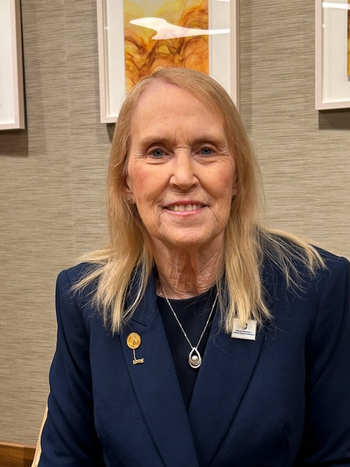
Donna Hallas, PhD, PPCNP-BC, CPNP, PMHS, FAANP, FAAN, comments on the ongoing measles outbreaks and encourages advocation for vaccines and accurate information.

Mary Koslap-Petraco, DNP, PPCNP-BC, CPNP, FAANP, highlighted key updates on influenza, COVID-19, and RSV vaccines at the 2025 NAPNAP National Conference.
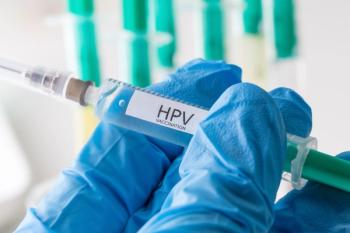
A nurse-led intervention increased HPV vaccination rates among Hispanic adolescents in a rural North Carolina clinic, according to research presented at the 2025 NAPNAP conference.

Early anxiety screening in pediatric primary care improves detection, outcomes, and access to mental health support starting at age 8.

Tina Tan, MD, FIDSA, FPIDS, FAAP, comments on the FDA's recent selection of the 2025-2026 influenza vaccine compositions, without the CDC's ACIP meeting and FDA's VRBPAC meeting.
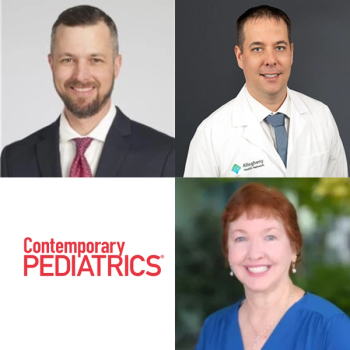
In the final part of this 5-part series, panelists discuss new allergy treatments such as Xolair, early immunotherapy, and their broader impact.

In part 4 of this 5-part series, panelists discuss gaps in pediatric food allergy care, stressing better diagnosis, education, and management.

In part 3 of this 5-part series, panelists discuss the recent Neffy approval, oral immunotherapy, and Xolair’s role in allergy management.

In part 2 of this 5-part series, panelists discuss confusion in food allergy diagnosis and the need for better medical education.

In part 1 of this 5-part series, panelists discuss early allergen introduction, oral immunotherapy, and Xolair for food allergy.

Mary Koslap-Petraco highlighted the need to address vaccine hesitancy, catch up on immunizations, and build trust with parents at the 2025 NAPNAP National Conference on Pediatric Health Care.

At the 2025 NAPNAP National Conference, Maureen Madden, DNP, CPNP-AC, CCRN, FCCM, FAAN, explained why the yearly conference is important for both providers and pediatric patients.

If approved, SYD-101 would be the first and only pharmaceutical option for the treatment of progression of pediatric myopia in the United States.

Mary Koslap-Petraco, DNP, PPCNP-BC, CPNP, FAANP, reacts to the recent cancelations of the ACIP and VRBPAC and comments on the potential down stream effects.

At the 2025 NAPNAP National Conference, Maureen Madden, DNP, CPNP-AC, CCRN, FCCM, FAAN, provides the key takeaways and recommendations for glycemic control guidance, updated in 2024.

The study, known as BRAVE-AA-PEDS, was sponsored by Eli Lilly and Company and involved 257 adolescents aged 12 to under 18 years.

Bobbie expects the launch of their USDA Organic Whole Milk Infant formula to begin in April 2025.

A presentation at the 46th National Association of Pediatric Nurse Practitioners (NAPNAP) conference explored the role of biologics in pediatric care, their applications in various conditions, and safety considerations for clinicians.
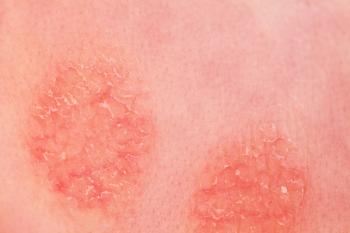
The newest tapinarof results were presented at the 2025 American Academy of Dermatology (AAD) Annual Meeting.
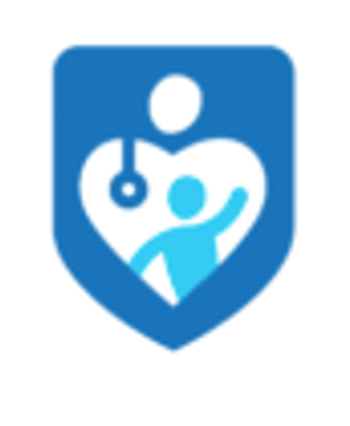
A quick look into some of the top sessions occurring at the NAPNAP National Conference, being held from March 10-13, 2025 in Chicago, IL.

Jay T. Rubinstein, MD, PhD, highlighted promising CHORD trial data showing that DB-OTO gene therapy has led to hearing improvements in treated participants.